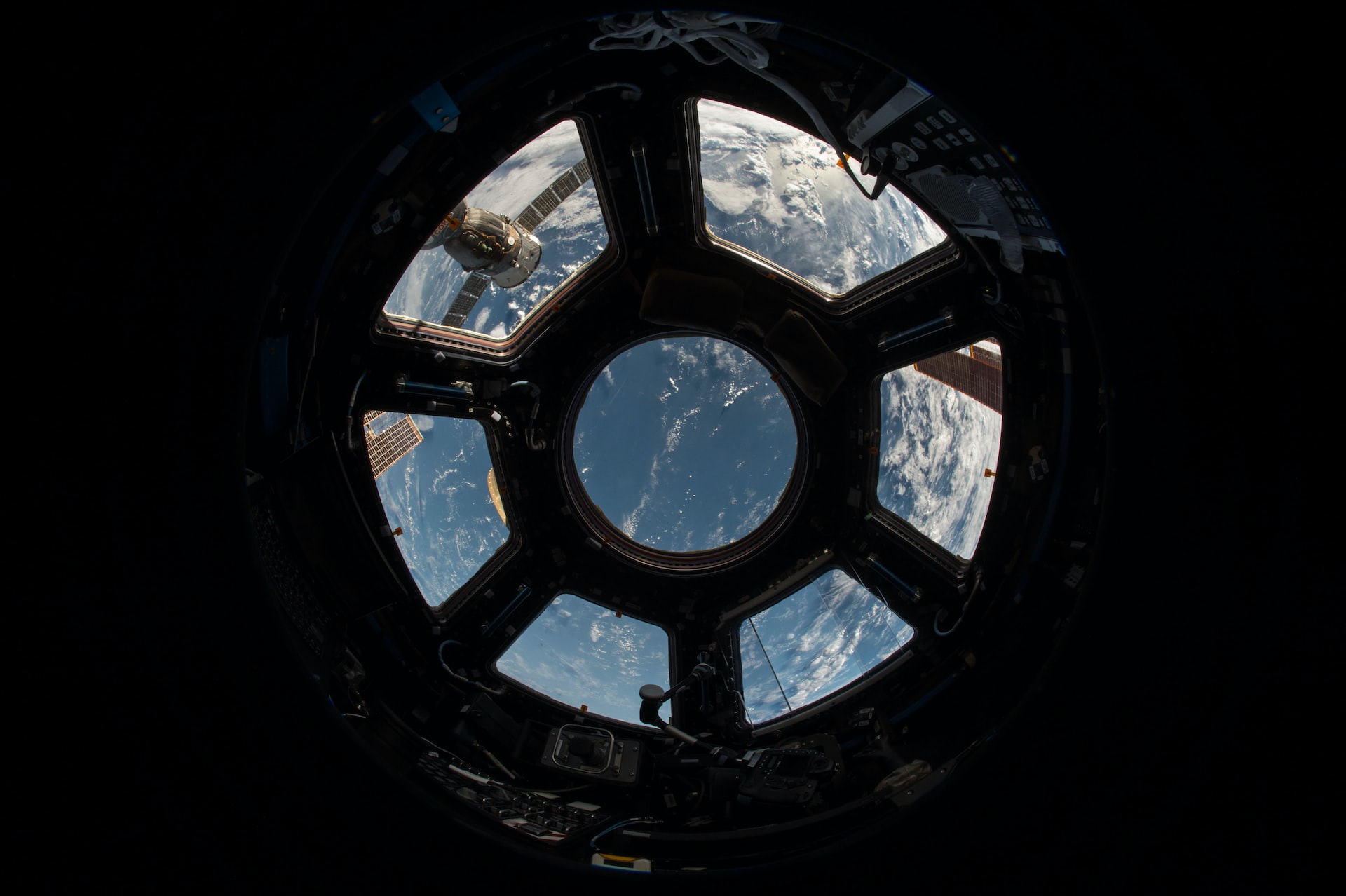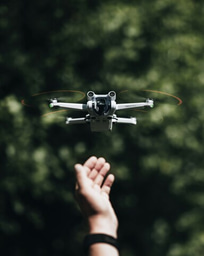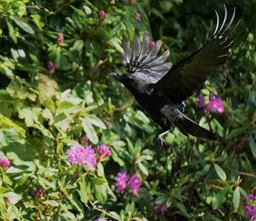The world needs peace. Without peace, there is no conservation


Hi, WildHub community.
Today at the catalyst table I have brought you @AMANI T. NGOMA from Democratic Republic of the Congo (DRC). The Democratic Republic of the Congo is a Central African country bordering the Atlantic Ocean to the west. "By area, DRC is the second largest country in Africa". The humanitarian situation continues to deteriorate, with violent conflicts preventing displaced people from fleeing their homes.
Amani T. Ngoma is a Computer Scientist, and he has been working in conservation for 10+ years. He has a passion for conservation and environmental protection. His experience is summarized in preparing, implementing, and maintaining conservation tools (from software to hardware). He started as an IT intern at the Wildlife Conservation Society.
Then, he started loving what his colleagues were doing, especially how they analyzed the spatial distribution of trees and sequestrated carbon, and he started to love Conservation.

Photo: Unsplash
I recently had an interview with Amani, please find it below
Ussi:👨🏽💻
What is computer science in your view?
Amani: "Computer science is the science of computation and automation. It's science, technic, and art to make things run. Computer science is about implementing solutions that are used to make work easy. I view it as the science of algorithms, the technic of network information sharing, and the art of attractive software".
An example: Behind the NASA fires website, there are algorithms that analyze the patterns of satellite data to detect fires. There are Application Programming Interface (so called 'APIs') that allow communications with other systems. There is a good presentation of these results, shared in maps, dashboards, or other datasets and datatypes".
Ussi:👨🏽💻
How Can Computer Science Support Wildlife Conservation?
Amani: "Computer science is at the center of many other sciences, including conservation science.
Let's talk about this science in Conservation:
As we speak about computer science in conservation, we need first to know the basics of conservation and environment management principles that can lead to the implementation of computer science integration. When talking about these, I prefer the quote from WCS's former motto: "Know, love, and conserve.
In fact, if we consider that these three words can sum up the process of environmental care, then, I would say that Computer science makes it easy for people to know nature better. Data Science for example can help discover hidden patterns of common environmental events. Computer Scientists can develop strong machine learning and artificial intelligence tools to prevent disasters, or even influence decision making at all levels. Computer scientists can develop tools for education to make the community love the creation (games, software, media)"
Ussi:👨🏽💻
How did you hear about WildHub and why did you join?
Amani: "I joined Wildhub after I had participated in a Conservation Leadership Course by WildTeam and, as many colleagues referenced this community".
Ussi:👨🏽💻
Based on your professional background, what are the top 5 lessons you can share with us?
Amani👇🏼
📖"Here are the top five lessons I learned from my experience in Conservation,
- There is a lesson behind every mistake we make: stopping when you fail is the failure, but standing up and continuing your way is the art of championship.
- Who are the best conservationists? The local communities. Their ancestors conserved what we are studying. Conservation science should reach out to them.
- Data is the best eye for the future
- Do not destroy what you have: we will hand to the future generation what we have not what we lost.
- The world needs peace: DRC needs peace. Without peace, there is no conservation, and if you do not conserve, you are preparing an endless battle for future generations.
Ussi:👨🏽💻
How does your work impact other people in conservation?
Amani: "Since I joined conservation, I noticed that I am at the crossroads of demanding environmental information traffic and that there is a need for conservation techies because we are moving to a digital world. There is a need to develop digital tools to reverse environmental degradation. It is an efficient way to enhance science, and security and preserve humanity from disasters".
Ussi:👨🏽💻
Thanks, Amani, for sharing your insights and wisdom with our WildHub members and many others around the world, I particularly like your perspective or insights about computer science in conservation and that we need to work towards peace, worldwide.





Please sign in or register for FREE
If you are a registered user on WildHub, please sign in
Wonderful contribution @AMANI T. NGOMA and @Ussi Abuu Mnamengi - thank you for sharing!
@AMANI T. NGOMA : your words that there is a lesson behind every mistake we make resonated with me. What were you main take-aways from the Conservation Leadership Course by WildTeam that you recently completed?
@Ussi Abuu Mnamengi : What is your secret power as WildHub Conservation Catalyst? You are our on a roll - so many amazing new interviews you did :)
Hello Thirza,
Thank you for your comment. In fact, I went through the Conservation Leadership and many topics were discussed, summed up as the qualities that a leader should have (especially in Conservation), how to apply these qualities in Conservation environment. These qualities will allow leaders from any background to adapt in Conservation and not harm as they implement conservation projects. Some of them are: openness, being critical, curiosity, feeling vulnerable, empathy...
I loved the exercises we did on how a leader should take action to acquire these capabilities, and improve personal efficiency and barriers they may encounter. During the course, I evaluated my leadership skills and since then, I am improving them.
Hi Thirza,
Teamwork is my secret power as WildHub Conservation catalyst. The teamwork between me and the WildHub as well as the strength of personality that influences others by developing a deep understanding of their needs and perspectives. Together we can do great things in our community.
That's inspiring to read, Amani! Thank you for sharing and please do keep us posted on your journey of conservation leadership.
@Lucy Boddam-Whetham you may also appreciate Amani's reflections on the Conservation Leadership course.
Love it! Thank you for sharing, Ussi!
Thank you @Thirza Loffeld and interesting interview @AMANI T. NGOMA and great to hear your insight of the leadership course